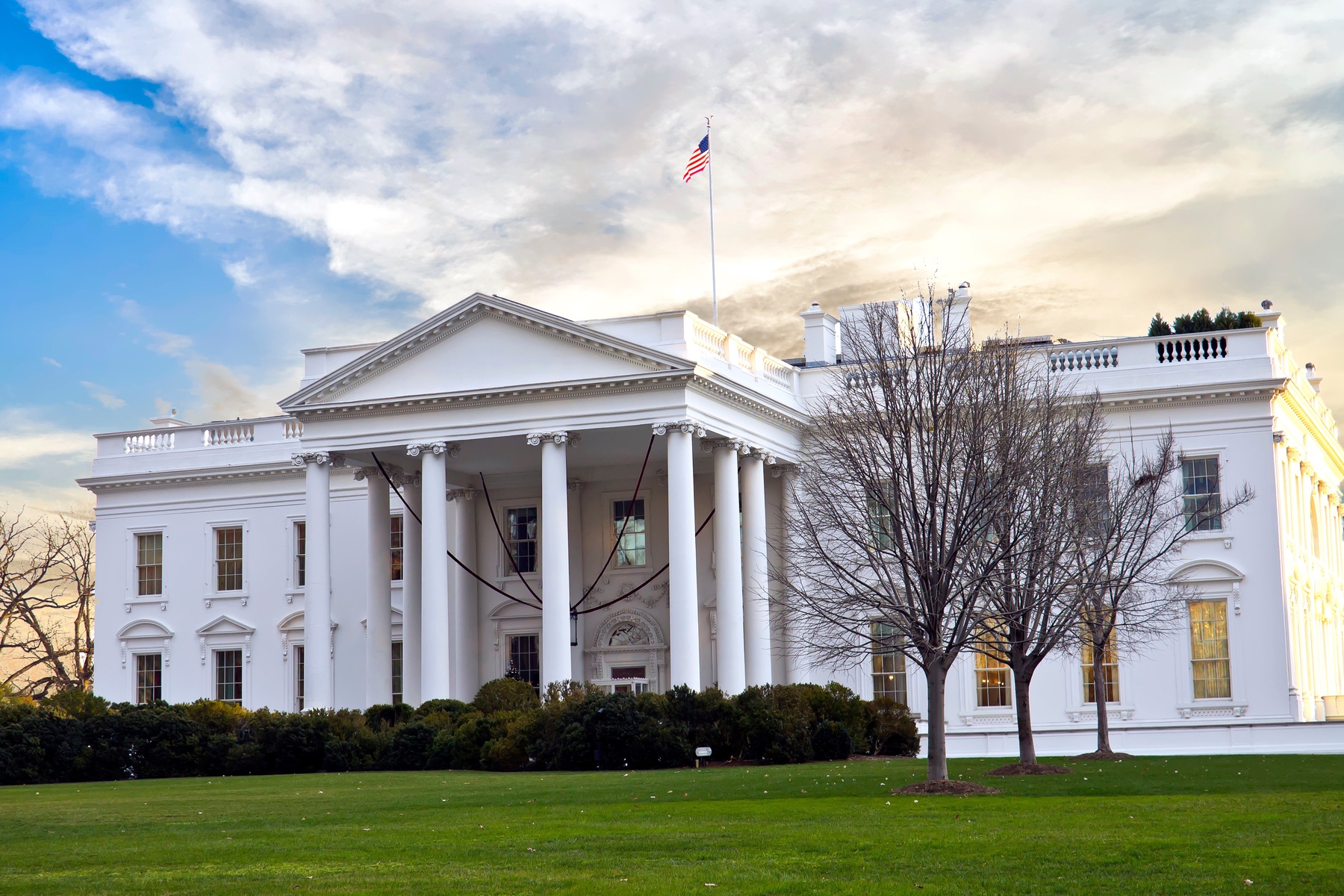Six Flags Is Planning More China Parks as International Growth Accelerates

Skift Take
More Six Flags-branded parks are coming to China as the company chases its global expansion plans.
Texas-based theme park operator Six Flags Entertainment announced plans late Tuesday to add three branded parks — theme, water, and adventure — to Nanjing in East China with development partner Riverside Investment Group.
Financial details were not disclosed, though a press release described a "multi-million dollar entertainment complex" that will open its first phase in 2021.
The theme and water parks, according to the announcement, will include roller coasters, rides, slides, live performances, shopping, dining, and "elaborately themed sections celebrating time-honored Chinese and American traditions."
At the adventure park, motocross bicycle races, whitewater rafting, zip lining, and rock climbing will be available.
"Six Flags and Riverside have a shared vision to develop multiple parks throughout China, with offerings tailored to every member of the family," David McKillips, president of Six Flags International Development Company, said in a statement.
Six Flags did not address China's reported plan to more strictly regulate theme park development, as reported by several media publications earlier this month.
The operator and its development partner already have seven parks in the pipeline in China. Local developers as well as larger North American operators including Disney and Universal have also been building parks to cater to China's growing middle class.
Earlier this month, Six Flags finally confirmed a deal for a theme park to open in Saudi Arabia in 2022. The company, which has 20 parks in North America, sees international growth with partners as a key revenue generator.
The company cited new international licensing agreements as one of the reasons executives expect to deliver record financial performance in 2018. Six Flags released first-quarter earnings Tuesday afternoon, reporting that revenue increased 30 percent to $129 million.
That jump was largely due to Six Flags Magic Mountain now being open every day, the addition of a water park in Mexico, and the earlier Easter. Attendance grew 27 percent.
But the three months ending March 31 are still slow for the company, as the majority of parks are closed. The company reported a net loss of $62 million, which was higher than the $57.5 million loss in the first quarter of 2017. A press release attributed that higher loss to a reduced tax benefit this year because of federal tax reform.
Six Flags will hold a call with analysts Wednesday morning.




